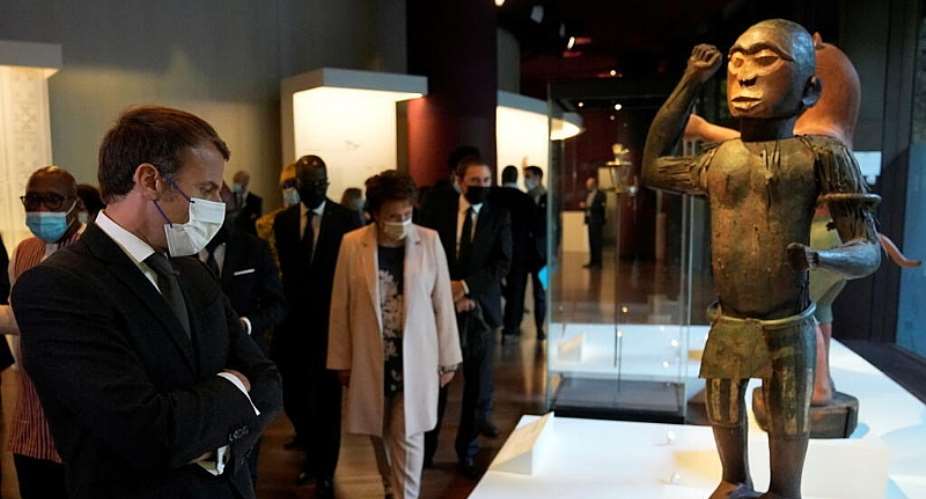
France has returned looted artefacts after parliament passed a new bill allowing items taken during colonisation to be sent back to their countries of origin. Lawmakers approved the legislation on Friday, marking a significant step toward addressing long-standing demands from African nations. Supporters view the move as a clear sign of France’s willingness to confront its colonial past and build stronger cultural ties.
The bill enables museums and public institutions to return cultural property that was once considered inalienable under French law. It follows years of advocacy by African leaders and campaigners who argued that many artefacts in European museums were taken unlawfully. The new law introduces a clearer process for handling requests and authorising the return of items.
Culture Minister Rachida Dati welcomed the development, calling it progress for France and its relationship with Africa. She stated that cultural heritage deserves respect and that artefacts belong to the descendants of those who created them. Several African governments have already praised the move, having long sought the repatriation of treasures held abroad.
The return of these artefacts aligns with President Emmanuel Macron’s 2017 pledge to prioritise African heritage. Since then, France has carried out symbolic returns to countries such as Benin and Senegal. However, the new legislation provides a permanent framework, replacing the need for one-off exceptions in future restitution cases.
Experts believe the law may influence other European countries facing similar demands. Museums in Belgium, Germany, and the United Kingdom also hold artefacts linked to colonial history. Analysts say France’s action could inspire broader reforms and foster international cooperation on cultural heritage.
The bill comes at a time of active debate in France over colonial history and racial justice. Some critics argue that restitution should be more widespread and automatic. Others question the feasibility of tracing artefacts to their rightful owners. Despite these concerns, many observers view the law as a major breakthrough.
Although museums have expressed worry about losing prominent pieces, officials emphasize that the goal is collaboration, not loss. They plan to maintain strong partnerships with African cultural institutions to continue research, knowledge exchange, and joint exhibitions. Some curators have also pointed to the educational benefits, noting that young people in both regions deserve to know the full story behind these objects.
The bill does not mandate automatic returns. Instead, each request will go through a detailed review by French authorities, including input from historians and legal experts. This process aims to ensure transparency and prevent disputes over ownership.
Supporters across Africa describe the law as a victory for justice and cultural dignity. They believe the return of heritage items will help preserve identity, support education, and boost national pride. Many countries are already preparing formal requests under the new legal framework.
For France, the decision represents both a diplomatic and moral step forward. It strengthens ties with African nations while acknowledging the harms of colonialism. As the law takes effect, global attention will focus on how many artefacts are returned—and how this shift reshapes international cultural relations.
